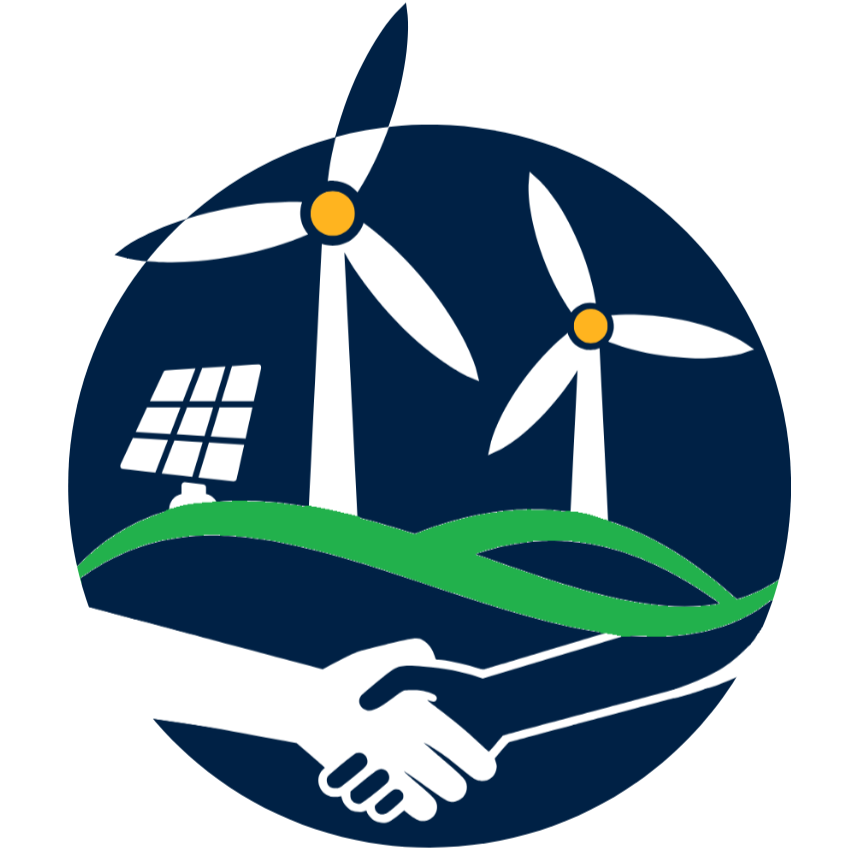Collective Event
Climate Conversation: Compounding Hazards
March 14, 2025, 12:00 pm to 1:20 pm
As the climate changes, both the frequency and intensity of extreme weather events is also changing. These events (such as heatwaves, wildfires, drought, flooding) present serious hazards that may result in either loss or damage to people and infrastructure. The Insurance Bureau of Canada recently announced that 2024 shattered records for the costliest year for severe weather-related losses in Canadian history, reaching 8.5 billion dollars. A compounding hazard is the combination of two or more hazards that occur either simultaneously or one after the other, and which increase overall risk.
In this series of Climate Conversations presented jointly by the Disaster Resilience Research Network and the Climate Solutions Research Collective, we will hear those engaging in research related to compound hazards from a number of disciplinary perspectives. Each will share from their research experience, leaving opportunity for questions and dialogue. The first session will be based in Vancouver with researchers joining both in-person and online on February 26; the second will be based in Kelowna and will be in-person.
Bring your lunch or a snack to these events, we will provide tea or similar. Please pack a mug wherever possible.
Interested in learning more about disasters across British Columbia? The DRRN is currently working on a BC Atlas of Disaster which seeks to visualize and map climate disaster impacts in BC in order to equip communities and decision-makers with detailed information that promotes proactive climate adaptation, disaster risk reduction and climate justice. Check back soon for the first maps and visualisations from this project.
 | Adeniyi P. Asiyanbi, Assistant Professor, Geography (Community, Culture and Global Studies in the Irving K. Barber Faculty of Arts and Social Sciences) Adeniyi Asiyanbi’s research applies insights from critical geography and interdisciplinary political ecology to the intersection of climate change, forests and development. Part of his research program explores how forests get constituted as spaces of ‘climate-related risk’ of wildfires, and particularly how notions of risk, enterprise, resilience and security are put to work in this context. He seeks to understand the rationalities, practices and technologies by which wildfires are being rendered governable at a time of significant uncertainty. His current SSHRC-funded project examines expectations of shared responsibility for wildfire protection in Whistler, British Columbia in Canada. He is an affiliate faculty with the UBC Centre for Climate Justice |
 | Kaushal Gnyawali, PhD Candidate, School of Engineering (Faculty of Applied Science) Kaushal Gnyawali is a Geotechnical engineer. His Ph.D. focuses on mitigating post-wildfire debris flow hazards on fans of small watersheds with deflection berms and ditches. He is partnering with the BC Ministry of Forests, several First Nations in south-central BC, and industry for this research. He has industry experience in landslide hazard assessment, earthquake- and multi-hazards chain, and disaster risk management in the central Himalayas, where he was born and raised. Kaushal is also one of the first cohort of Public Scholars at UBC Okanagan and was one of the first cohort of Solutions Scholars under the supervision of Dr. Dwayne Tannant. |
 | John Janmaat (Event host), Professor, Economics, Philosophy and Political Science (Irving K Barber Faculty of Arts and Sciences) John Janmaat’s research focuses on environmental and resource economics, with an emphasis on the role of environmental services. His research program focuses on measurement, modeling and mobilization of environmental service valuation. Measuring takes shape as quantifying the value to humans of environmental services; models can play a role in estimating the value provided by environmental services; and mobilization of this work, taking it from information policy makers have available to use and enhancing the likelihood it will be used, is an essential component of Dr. Janmaat’s work. He is a Steering Committee Member with the Climate Solutions Research Collective.
|

